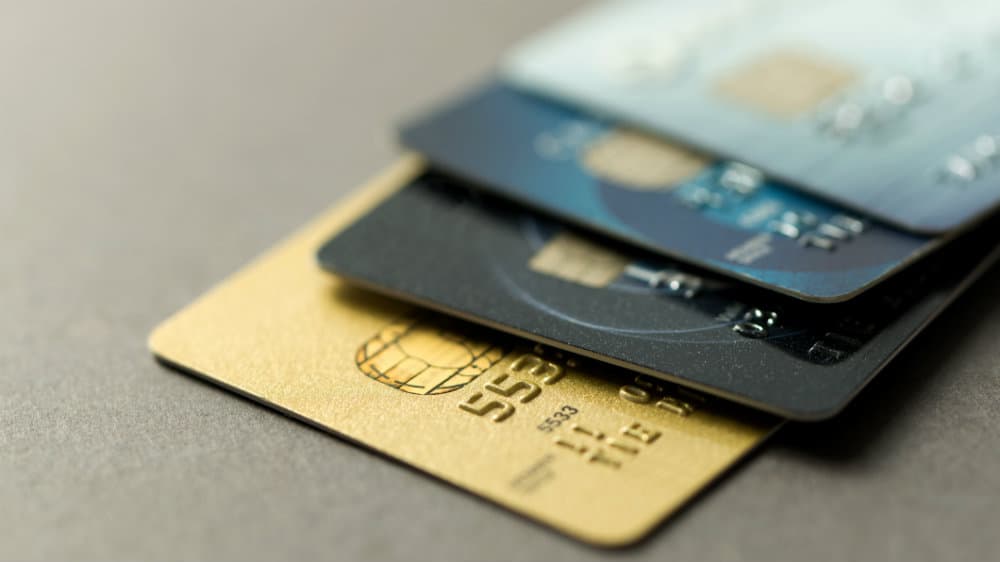During his 2021 Budget speech, Chancellor Rishi Sunak announced that he would be increasing the contactless limit for card payments from £45 to £100.
Why is it increasing?
Back in March 2020, the original limit increased from £30 to £45. The idea was to allow consumers to pay for more essentials using a method that reduces physical contact in shops. It was intended to help reduce the spread of coronavirus.
The increase was successful. According to UK Finance, a trade association for the UK banking and financial services sector, contactless payments by debit card reached a record 62% of all debit card transactions in August 2020.
The UK’s exit from the EU at the beginning of this year meant that it was no longer bound to the £45 cap on contactless payments that applies to all EU countries. This meant that the Financial Conduct Authority (FCA) was free to recommend the increase following a public consultation.
According to the chancellor, increasing the contactless limit to £100 will make it easier for people to pay for goods and services as the UK economy starts to reopen and people return to the high street.
[top_pitch]
When will the new limit come into effect?
It came into effect on 3 March, but before you rush to the shops armed with your debit or credit card, bear in mind that it will take time for most retailers to implement the necessary system changes.
Realistically, we can expect to pay for goods costing between £45 and £100 using contactless payment systems later this year.
Also, retailers will be able to use their own discretion. So it is a good idea to ask about the contactless limit before you start shopping to avoid disappointment.
What about the risk of fraud?
There are concerns that the raised limit will increase the risk of debit and credit card fraud and theft. This is especially important at a time when many are experiencing financial difficulties due to the pandemic.
One preventative measure is the Strong Customer Authentication (SCA) system implemented by the FCA. In line with the new banking regulations, you will be required to enter your PIN after five consecutive transactions.
[middle_pitch]
What can I do to prevent fraud or theft?
Despite the SCA system, theft could still have a considerable impact on your bank account. So, if you have concerns about the increased limit, then there are some actions you can take to protect yourself:
Check your bank account regularly
It’s good practice to hold onto your receipts and cross-reference them against the transactions on your bank statements.
Check your credit score regularly
Check your credit report on a regular basis. This will flag any problems associated with card cloning or skimming.
Use a prepaid card
Sign up for a prepaid card which you can use on nights out. Bars, nightclubs and restaurants are notorious hot-spots for theft and credit card cloning. Going out with a card frontloaded with a limited amount will minimise the damage if something does happen.
Final thoughts
Non-essential retailers will be able to reopen their doors from 12 April 2021, together with beer gardens and other public buildings. The increased contactless limit should be operational soon after.







